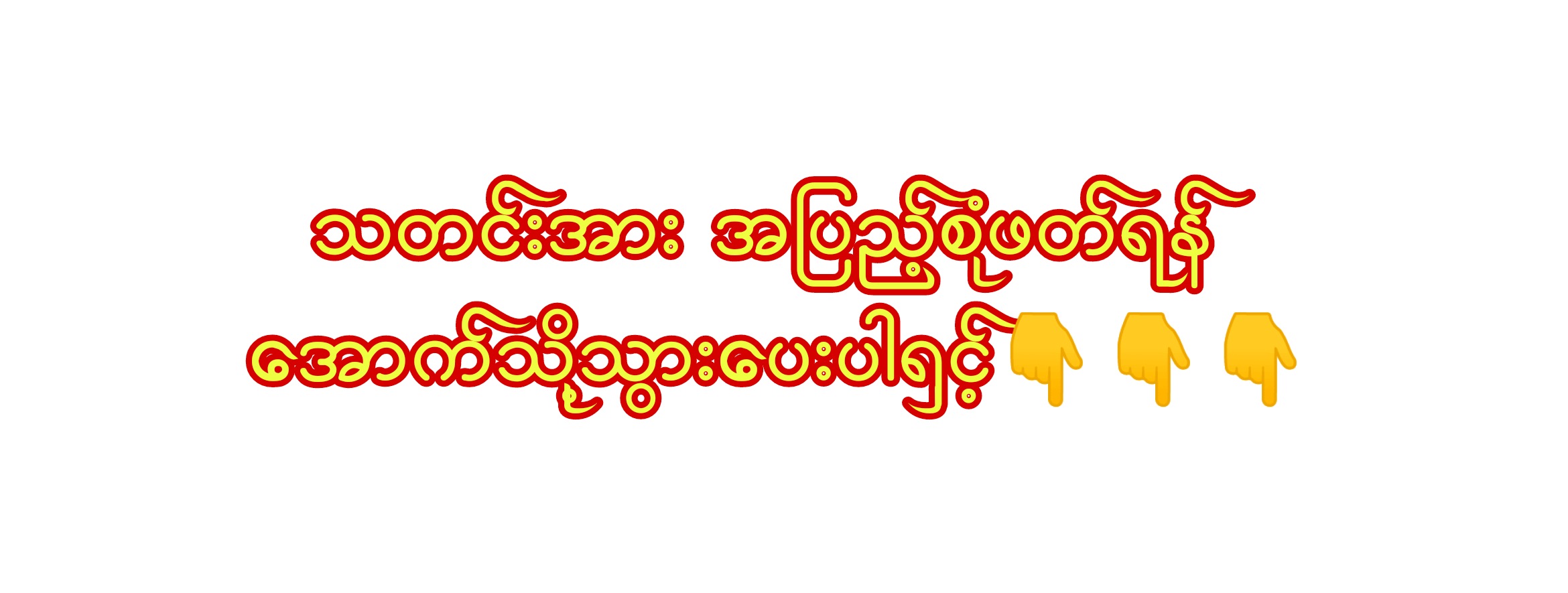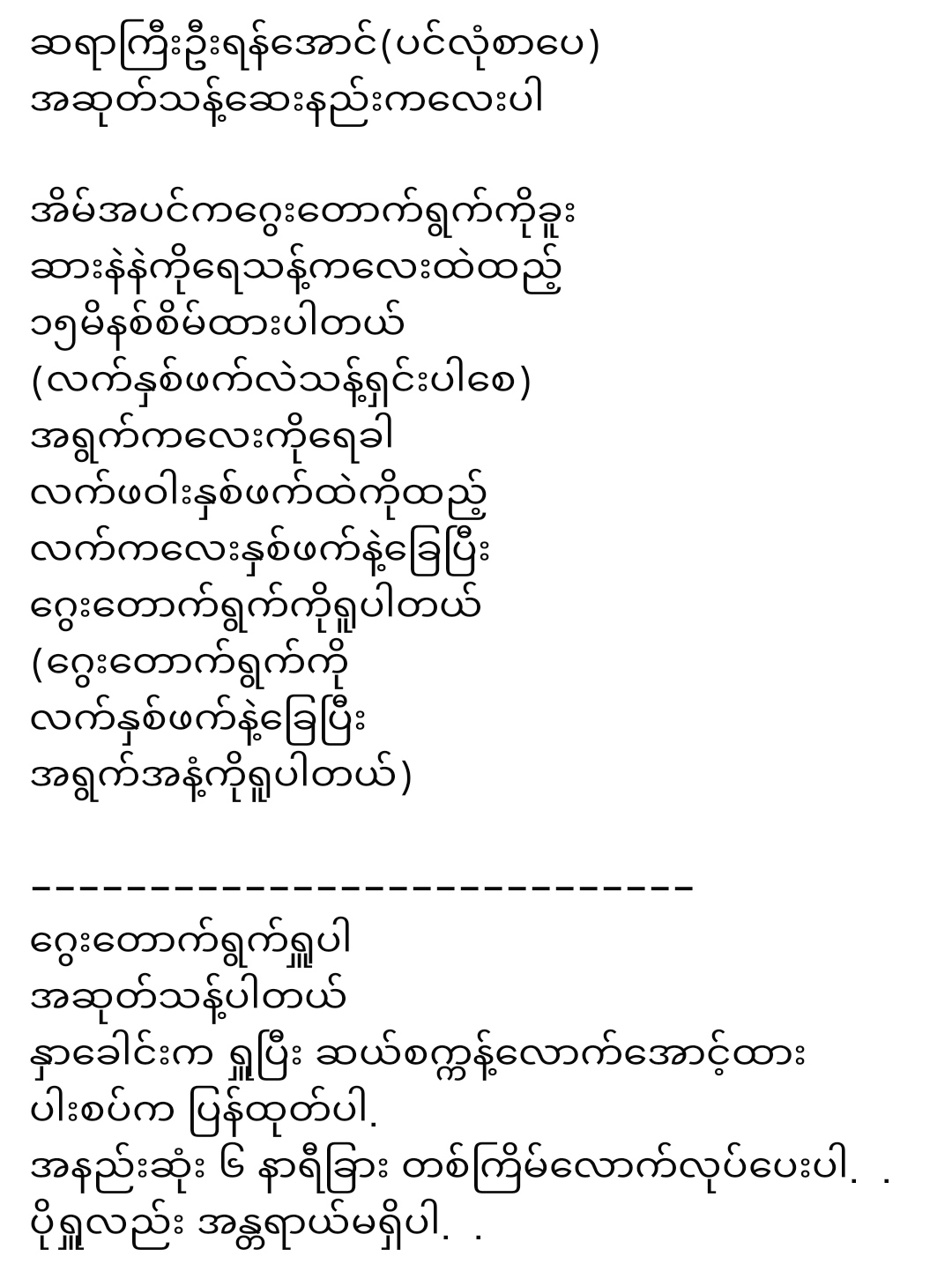
Reproductive coercion refers to a form of abuse where one partner exerts control over the other partner’s reproductive choices, often leading to unintended pregnancies or unwanted outcomes.

It can involve tactics such as birth control sabotage, pressure to become pregnant, or refusal to use contraception. If a new poll suggests that 50% of women aged 18-44 have experienced reproductive coercion, it highlights a significant and concerning issue within relationships and potentially larger societal dynamics.
Such findings could have several implications for public health, advocacy, and policy-making efforts. It could underscore the need for increased awareness, education, and support surrounding reproductive health and rights. It might also call for the development of resources and interventions to help individuals recognize and address reproductive coercion, as well as promoting healthy and respectful relationships.
However, it’s important to approach such statistics with a critical lens. Polls and surveys can vary in terms of methodology, sample size, and representativeness, which can impact the accuracy and generalizability of the findings.

Further research and analysis would be needed to fully understand the extent and nuances of reproductive coercion among women in the specified age group.

If you have any specific questions or if you’d like to discuss this topic further, feel free to ask.